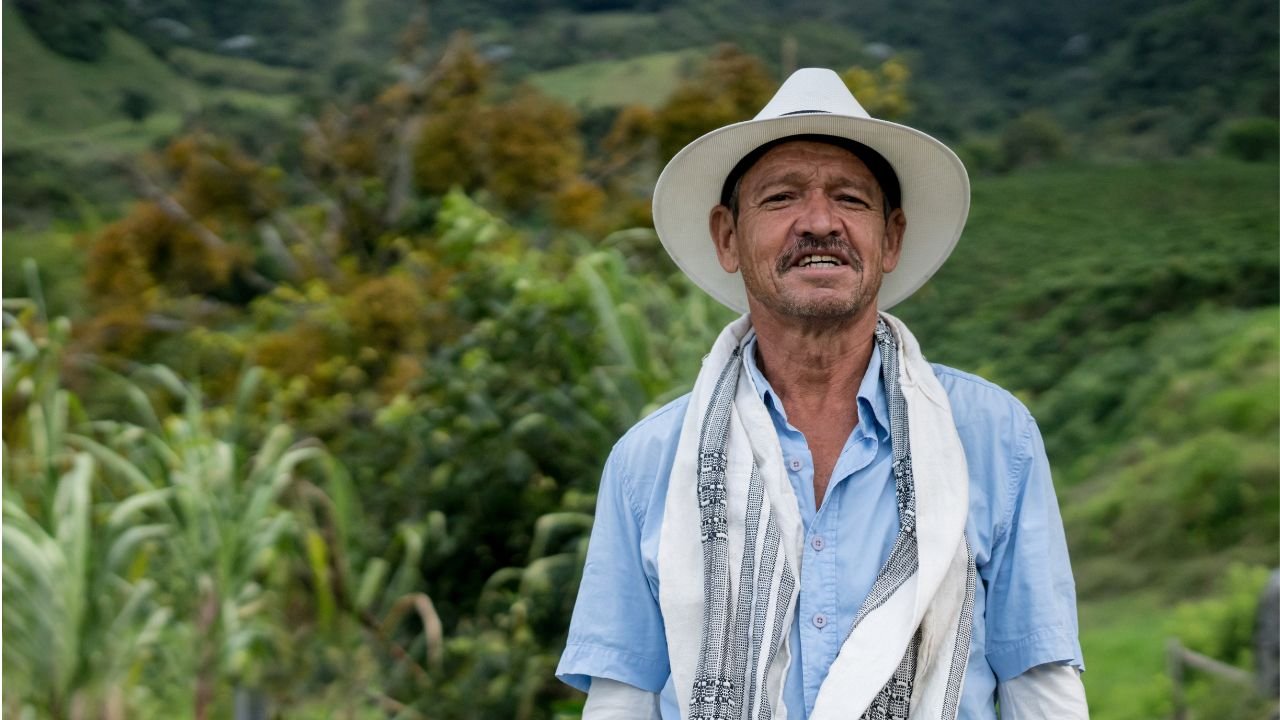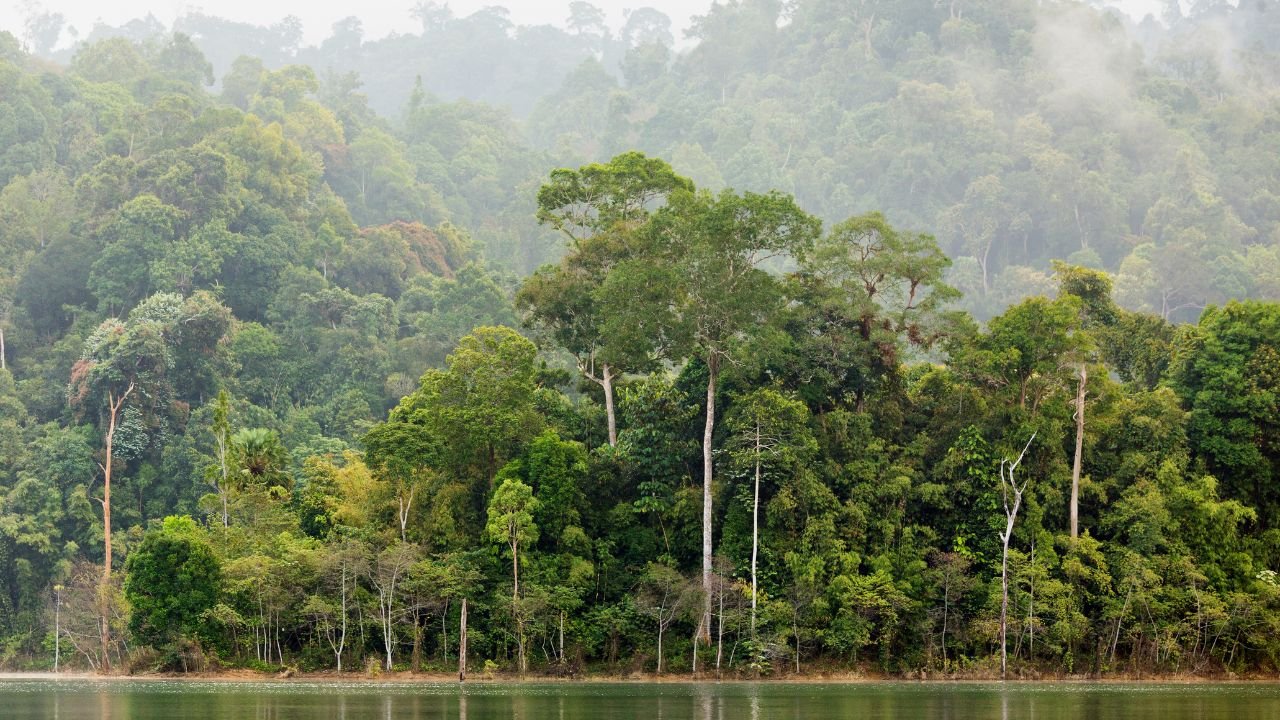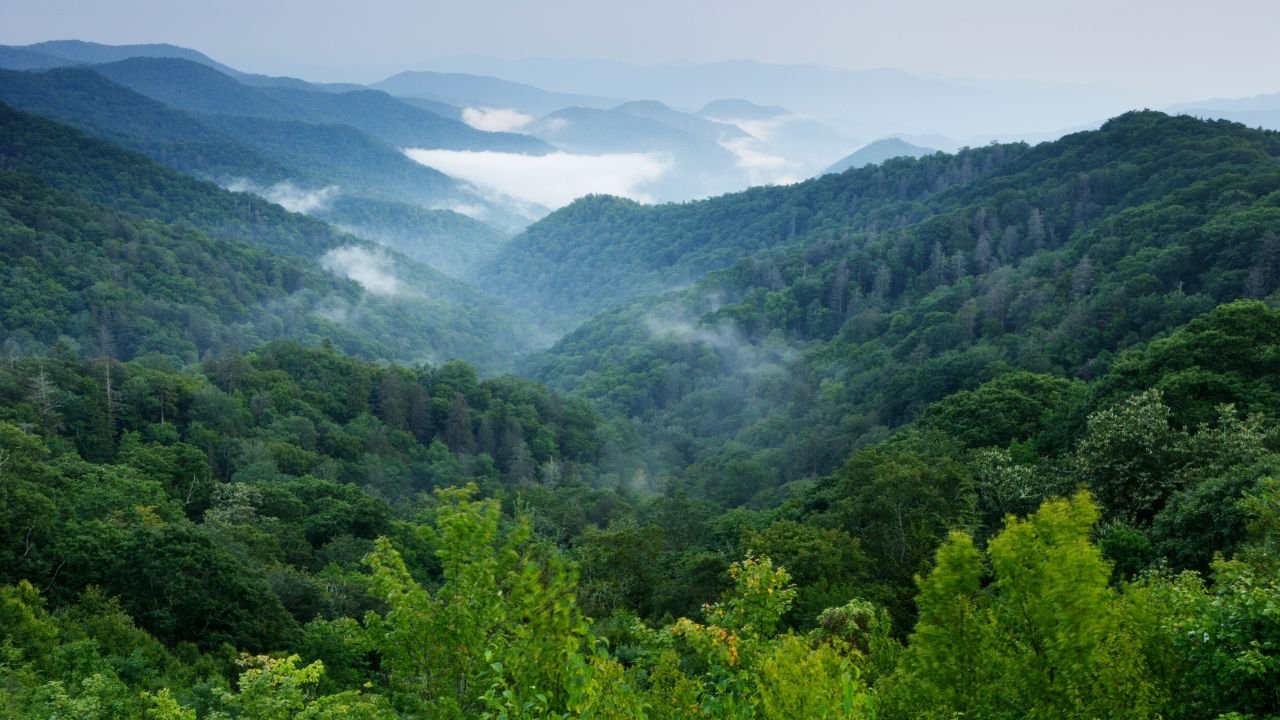Rainforest Alliance Certified Coffee, What and Why Its Important?

Whether you are a coffee house owner, coffee exporter, or importer, do not only think about the quality of the coffee you buy or trade with.
Next time you buy a pack of or wholesale green coffee beans, start thinking about how the coffee was grown, the living condition of the workers, and the sustainability of the environment.
So much impact needs to be established and thought about around the coffee industry. It is what makes coffee certifications, like Rainforest Alliance Certified coffee, an important thing to look for in the current trading market.
Table of Contents
What is Rainforest Certified Coffee for Coffee Beans?
There are quite a number of labor and real challenges faced by coffee farmers, all along with the workers in the industries. From natural factors to the economic and trade market aspects, all challenges surround the end-to-end process.
The RainForest Alliance saw those problems. They established a movement to support the coffee farmers (in this case), their families, and the community, as well as to ensure the protection of our living environment while conserving biodiversity.
As cited from Rain Forest Alliance Website, this coffee certification shows that coffee production is applied within accurate standards which support communities and empower the producers while protecting the environment.
How Environmental Standards and How Rainforest Alliance Help Coffee Farmers?
The agriculture industries are developed based on human needs and are also run by humans. Its sustainability is necessary and depends much or less on human resources. If not maintained properly, both the environment and human resources would collapse, and the agriculture business won’t last longer to provide necessary supplies.
Hence, considering how everyone can take part in protecting the environment and supporting the farmers and workers in the industry is indispensable.
There are four aspects that the Rainforest Alliance works on to support the sustainability of agriculture industries.
1. The Human Rights

The Rainforest Alliance Certified Coffee have set up a strategy with risk-based assess and address to encourage human rights by implementing precautions against several human rights issues in the workplace, community awareness and engagement, and persistent improvement.
In addition, the certification program also facilitates companies and farms with tools to comprehend and deal with the gender equality gaps in their operations.
2. The Climate

There is a standard of the best climate for growing coffee. One of the standards is the temperature which has to be between 18 to 22 ℃ for Arabica and 20 – 26 ℃ for Robusta in general.
Climate change has shown rising temperatures, along with unpredictable rainfall patterns, which have a major impact on the coffee-growing process. Thus, the certification program nurtures a coffee-growing method called climate-smart by analyzing the local climate challenge they face and customizing an action plan accordingly.
3. The Livelihood

The unstable price of coffee in the trade market has hindered farmers from making long-term investments in their businesses. It also aims to support farmers in reinforcing their productivity and enhancing their profitability by applying better farm management and more sustainable techniques.
Yet, to help the farmers with the cost, through the rainforest-certified coffee program, they divide the financial charge down the supply chain. It requires companies to invest in certified farms through what The Rainforest Alliances calls Sustainable Investment (SI) and settle Sustainable Differential (SD) costs to the certified farmers for their crops above the market price.
4. The Forest and Biodiversity

Farming inevitably ruins biodiversity in some kinds of ways, yet through the implementation of proper techniques, it may enrich nature. The certification program insists on broadening the impact of forest and biodiversity protection with innovations and reinforced requirements.
Also Read: Where Coffee Beans Grown? Let’s Find It Out, Coffee Lover!
Benefits of Having Rainforest Alliance Certification for Coffee Beans
Consumers have developed awareness about environmental sustainability and workforce living conditions issues. Thus, having rainforest alliance certified coffee beans would definitely be beneficial for your business.
It reflects that you run the business with concern and purpose and act beyond the year-end results in numbers. It also shows that you are aware and care about the standards of the products, which are harmonized with environmental sustainability and suppression of human right abuse.
How to Get Rainforest Alliance Certified Coffee
If you are concerned about getting your coffee the rainforest alliance certification, here is a concise guide to getting it.
- Audit preparation – Ensure that your farm complies with the Rainforest Alliance Sustainable Agriculture Standard requirement for certification.
- Contact the authorized certification body – When ready, contact the authorized certification body in your region to have them audit your farms. Farmers should settle the audit payment, and costs vary according to the size of the farm, its geographic location, and complexity.
- Organize the audit – The auditors will settle an audit visit schedule to ensure your farm is following the mentioned standards. If you fail this stage, the auditors will provide feedback for improvement.
- Your crops with the certification – Passing the standard compliance audit means you can get the certification and sell your crops as Rainforest Alliance Certified.
Does FnB Tech use Rainforest Certified Coffee?
As our commitment to the holistic, sustainable process of coffee beans, FnB Tech Indonesia coffee products are already known as rainforest-certified coffee by the Rainforest Alliance.











